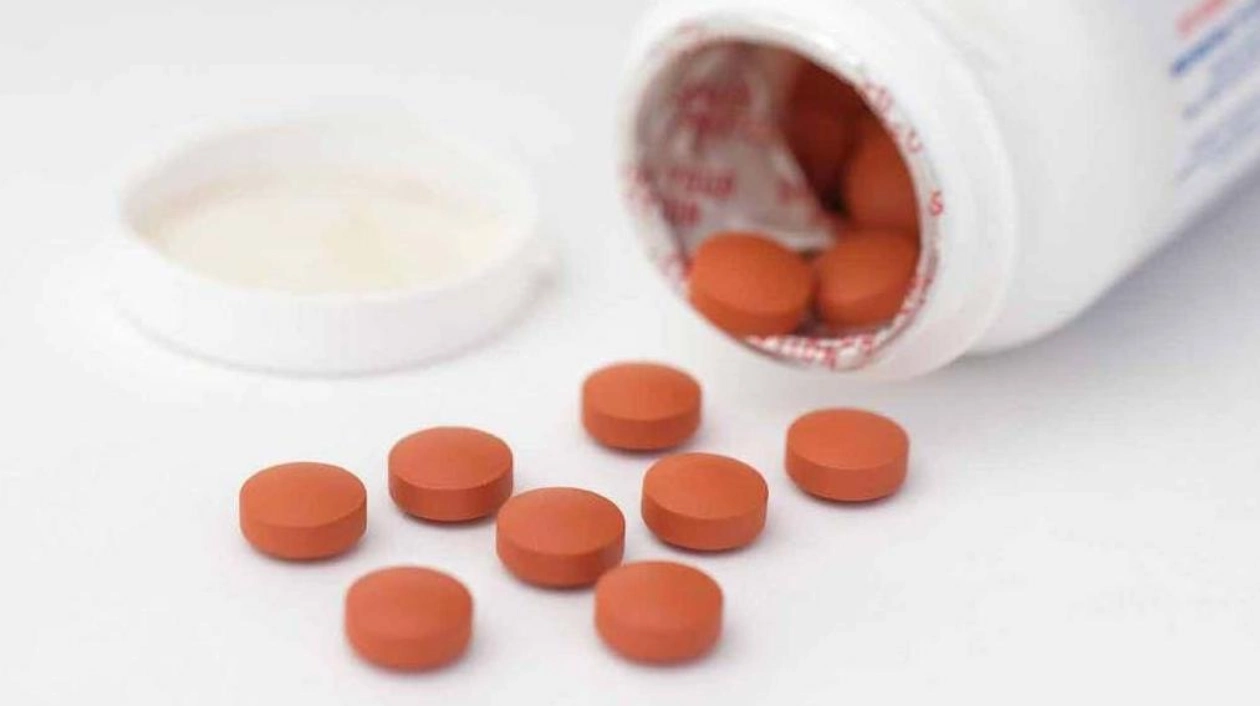DENVER — A common over-the-counter drug found in nearly every household could potentially treat a rare genetic disorder. A study involving fruit flies suggests that ibuprofen might aid children with mutations in the MAN1B1 gene. Geneticist Clement Chow from the University of Utah in Salt Lake City presented these findings on November 6 at the American Society of Human Genetics annual meeting.
The MAN1B1 protein typically removes a sugar called mannose from improperly folded proteins, marking them for elimination. Children who inherit two defective copies of the MAN1B1 gene exhibit developmental delays, obesity, aggression, distinctive facial features, and various other health issues. Currently, there is no known cure or treatment for MAN1B1-congenital disorder of glycosylation.
Chow and his team opted to test a range of already approved medications to determine if any could be beneficial. This type of drug repurposing research has gained popularity. Chow emphasized the importance of this approach, stating, “People living with rare diseases can’t afford to wait decades for a drug to be developed.”
The researchers created fruit flies with MAN1B1 mutations in their eyes, resulting in small, rough eyes. They tested approximately 1,500 existing drugs on these flies. Of these, 51 drugs restored the flies’ eyes to their normal, large, ruby-red state, while 47 worsened the condition. Among the drugs that normalized the eyes, nine were nonsteroidal anti-inflammatory drugs (NSAIDs), including ibuprofen and similar pain relievers.
These NSAIDs work by inhibiting the activity of COX1 and COX2 enzymes, which reduce inflammation. In flies lacking MAN1B1, COX activity was elevated. Ibuprofen treatment could lower this activity. Additionally, genetically reducing COX levels also restored normal eye shape, indicating that excessive COX enzyme activity is problematic when MAN1B1 is absent.
Flies completely lacking MAN1B1 in their bodies experienced prolonged seizures when subjected to jarring. However, ibuprofen treatment made the flies less prone to seizures. Encouraged by the fly experiments, a doctor initiated low-dose ibuprofen treatment for three children with MAN1B1 mutations. Although preliminary, the results appear promising, according to Chow.
Source link: https://www.sciencenews.org






